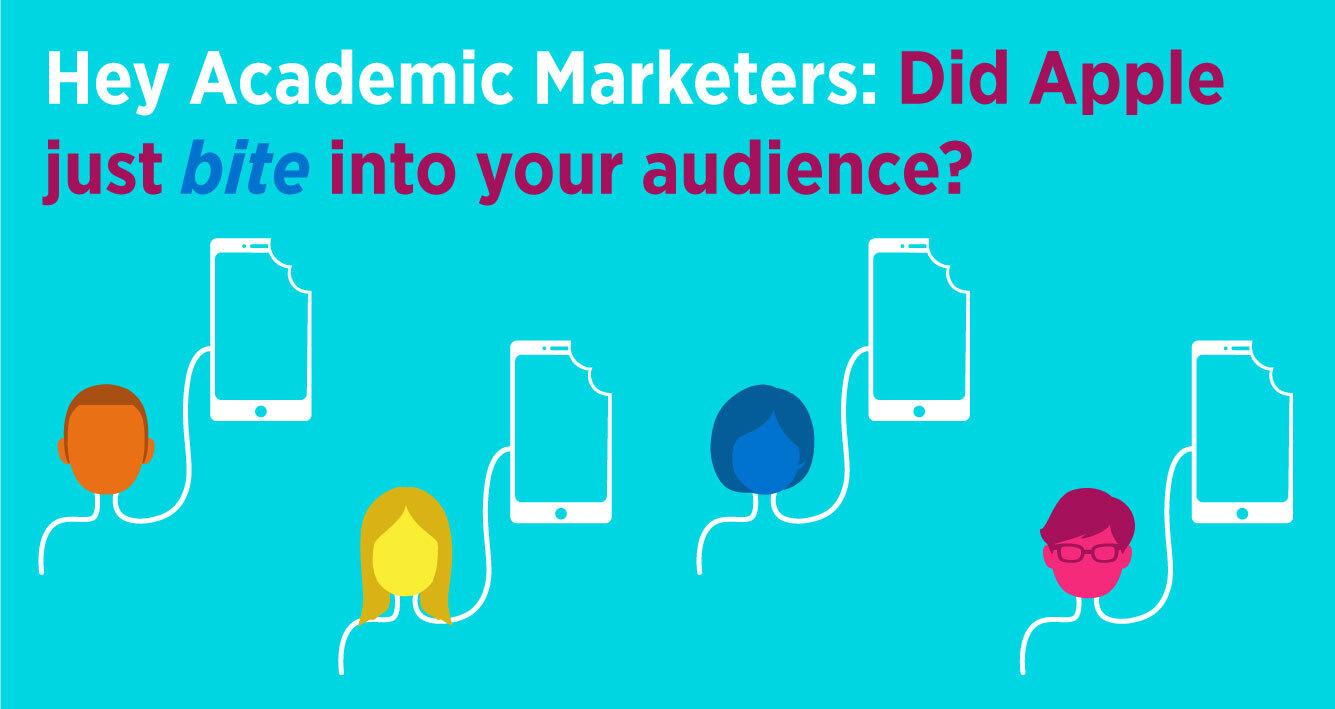You’ve got to hand it to Apple – everyone’s paying attention to their iOS 14.5 update. At least, those of us in marketing.
This typically benign move (yawn…another update) has Facebook screaming, “Alert: The sky is falling!” In our experience, most marketers have had their Chicken Little moments over the years. Some more than others. Remember when the movie industry thought VCRs were going to decimate their revenue stream? Or how about Y2K?
But what exactly is it that’s got everyone crying foul (er, fowl)? In short, data. Or, lack thereof.
The new update aims to add transparency to user data tracking. All App Store apps are now required to ask users for permission to access the Identifier for Advertisers (IDFA), a unique tracking code for mobile devices. So, each time an iPhone user downloads an app from the Apple Store, they must actively opt-in to be tracked. If they don’t, the policy prohibits certain data collection and sharing. Apple is positioning the move as protecting the consumer.
Early word from Flurry has it that 94% are opting out. That number is a big deal to businesses who’ve come to rely on this data to optimize, target, and report on tracking pixels, the bits of code that detail user behavior. It’s certainly a big deal to Facebook and Google and to those of us who rely on their insights.
Truthfully, prior to this iOS change, iPhone users already had the ability to opt-out of IDFA, but this move by Apple prompts and forces a user decision and almost everyone is opting out.
While the change only affects Apple’s mobile audience (leaving desktop and Android users alone), that’s still 1 billion active iPhones worldwide, one-fifth of which are in the US. (iOS has notable but significantly less presence in key international student recruiting markets with 44% market share in Saudi Arabia, 36% in Vietnam, 27% in South Korea, 22% in China, 13% in Brazil, 8% in Nigeria, and just 3% in India, per Statcounter GlobalStats.)
As this policy takes hold, academic marketers will have much less insight into the iOS users who are clicking on apps. That inhibits the ability to micro-target, which is a problem.
To know for sure the significance of the iOS update on your campaigns, institutions should compare the percent of traffic that engages through mobile, then the percentage of those who use iOS. This is all readily available through your Google Analytics. The higher the number, the greater the impact the iOS update will have on you. Your lead generation efforts will be affected, but we imagine less so than say e-commerce businesses (think Amazon, Etsy, Target, Best Buy, etc.).
Of course, this isn’t just about privacy. It’s also about money. The big tech players are competing with one another for your ad spend. Remember, Google makes over 80% of its money on advertising, as does Facebook. They want to maintain control. Can we blame them? (Yes, of course we can, and do. Nevertheless…).
And that’s the bigger picture. Marketers who feel like the sky is falling feel that way because they are losing some control over the crux of their campaigns: their audience and their ability to define and target them. The risk the Apple update poses to your institution is your diminishing ability to reach desired audiences accurately and affordably through paid digital channels – primarily in the US.
So, while the sky may not be falling, do read on to learn how your academic marketing team should respond…
Read More


